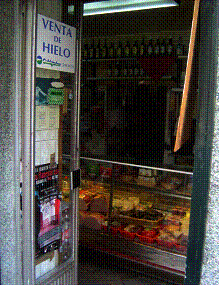ISOLATION.- “FORTUITOUS AMBIGUITY”
Fortuitous ambiguity can be defined as the fact of not knowing why specific things happen. When applied to enterprises, it refers to the fact of not knowing why two enterprises that count with the same resources obtain different results.
If an enterprise wants to imitate a successful enterprise, it must know the resources available to that enterprise it wants to imitate. And it's not only about resources, it must take into consideration its structure, organization, the way it employs its resources together (capabilities), etc. However, if in spite of knowing this we are not able to relate the resources and capabilities with the same level of success as the leading enterprise, we would have a fortuitous ambiguity!
We can conclude by stating that when we relate fortuitous ambiguity with the success of an organization, the imitation of that strategy won't have a positive result; because its fundamental element is ...ambiguous.
An example we can see in each one of our cities is that of traditional commerce. We're talking about those little shops or stores that sell clothes, seafood, sodas and drinks, etc. which resist the threat of stronger brands and larger surfaces. It is a true fact that these stores are often emptied. They don't possess the kind of marketing the new ones have; they don't look flashy, nor they are in style,...but they survive...this is fortuitous ambiguity.

